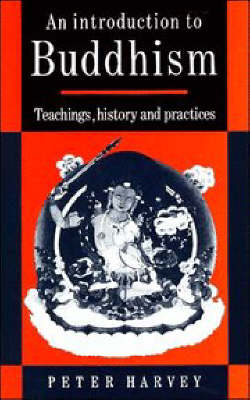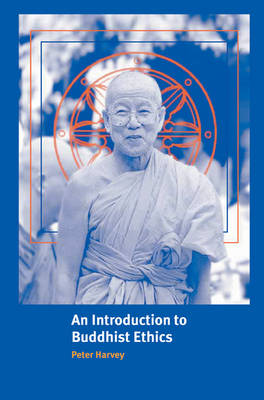Introduction to Religion
3 total works
This book is a comprehensive introduction to the Buddhist tradition as it has developed in three major cultural areas in Asia, and also developed in the West. It is intended to be a textbook for students of religious and Asian studies respectively, but will also be of interest to those who want a general survey of Buddhism and its beliefs. Unlike many other general books about Buddhism, it not only explores Buddhist beliefs, but also seeks to show as a set of practices. It thus includes chapters on devotion, ethics, monastic practices and meditation. Such practices are related to Buddhist teachings and historical developments. Emphasising as it does the diversity found within different Buddhist traditions, the book aims to underline common threads of belief, practice and historical continuities which unify the Buddhist world. Dr Harvey has sought to answer questions that are often asked by people on first meeting the tradition, and in his section on Nirvana offers a novel interpretation of this ultimate, transcendent mystery.
This systematic introduction to Buddhist ethics is aimed at anyone interested in Buddhism, including students, scholars and general readers. Peter Harvey is the author of the acclaimed Introduction to Buddhism (Cambridge, 1990), and his new book is written in a clear style, assuming no prior knowledge. At the same time it develops a careful, probing analysis of the nature and practical dynamics of Buddhist ethics in both its unifying themes and in the particularities of different Buddhist traditions. The book applies Buddhist ethics to a range of issues of contemporary concern: humanity's relationship with the rest of nature; economics; war and peace; euthanasia; abortion; the status of women; and homosexuality. Professor Harvey draws on texts of the main Buddhist traditions, and on historical and contemporary accounts of the behaviour of Buddhists, to describe existing Buddhist ethics, to assess different views within it, and to extend its application into new areas.


